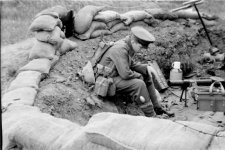Mr_Flibble
In Tabulas Argenteas Refero
I know Ron will like these pictures. I hope you guys like them too.
They were taken at the Santa Fe living history & military vehicle event in Roermond the Netherlands where I spent my time dressed up as an Embedded US Army War Photographer.
I shot these with my Leica IIIa and a 90mm Elmar. The film is Adox 100 ART.
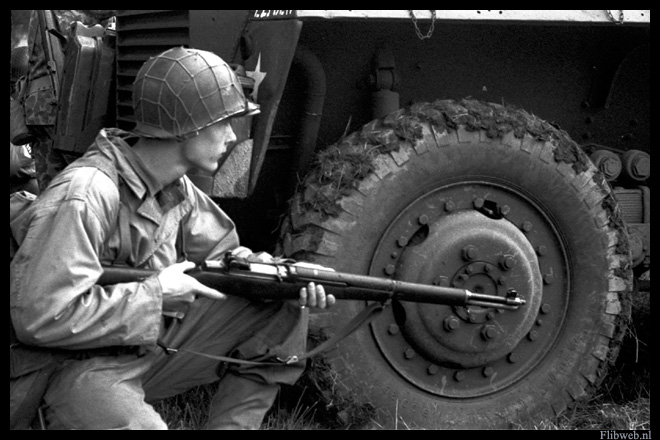
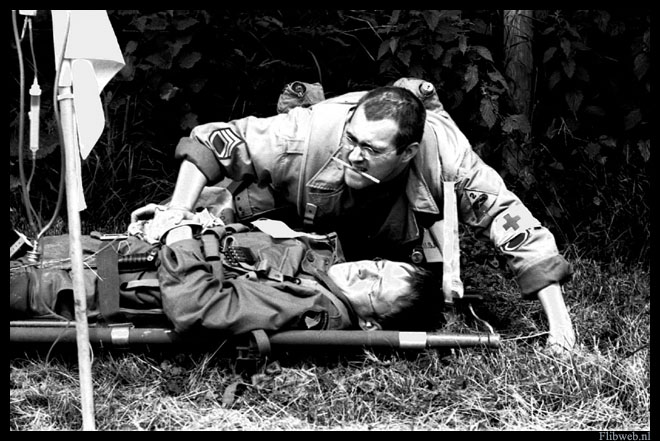
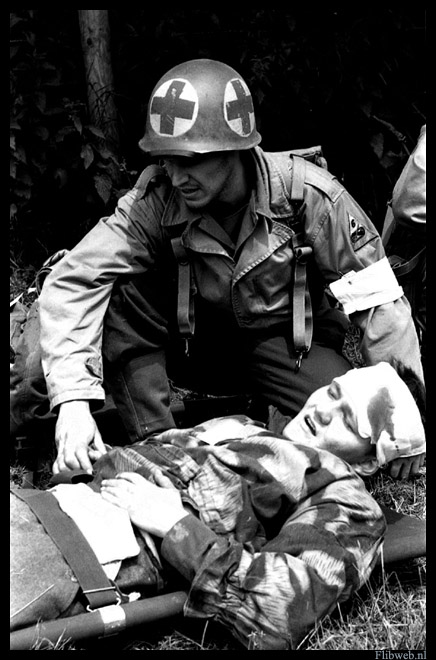
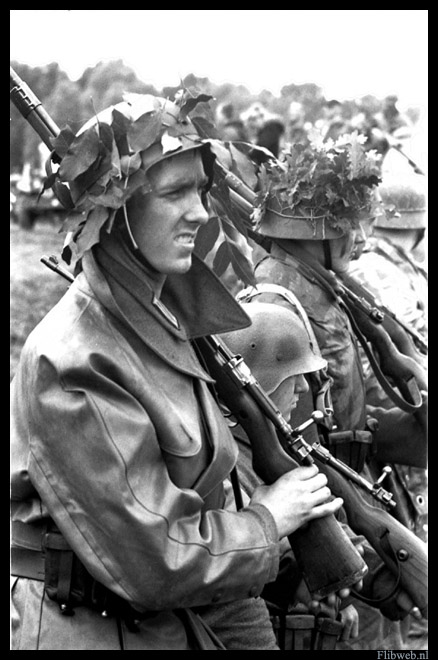
Regards,
They were taken at the Santa Fe living history & military vehicle event in Roermond the Netherlands where I spent my time dressed up as an Embedded US Army War Photographer.
I shot these with my Leica IIIa and a 90mm Elmar. The film is Adox 100 ART.




Regards,


